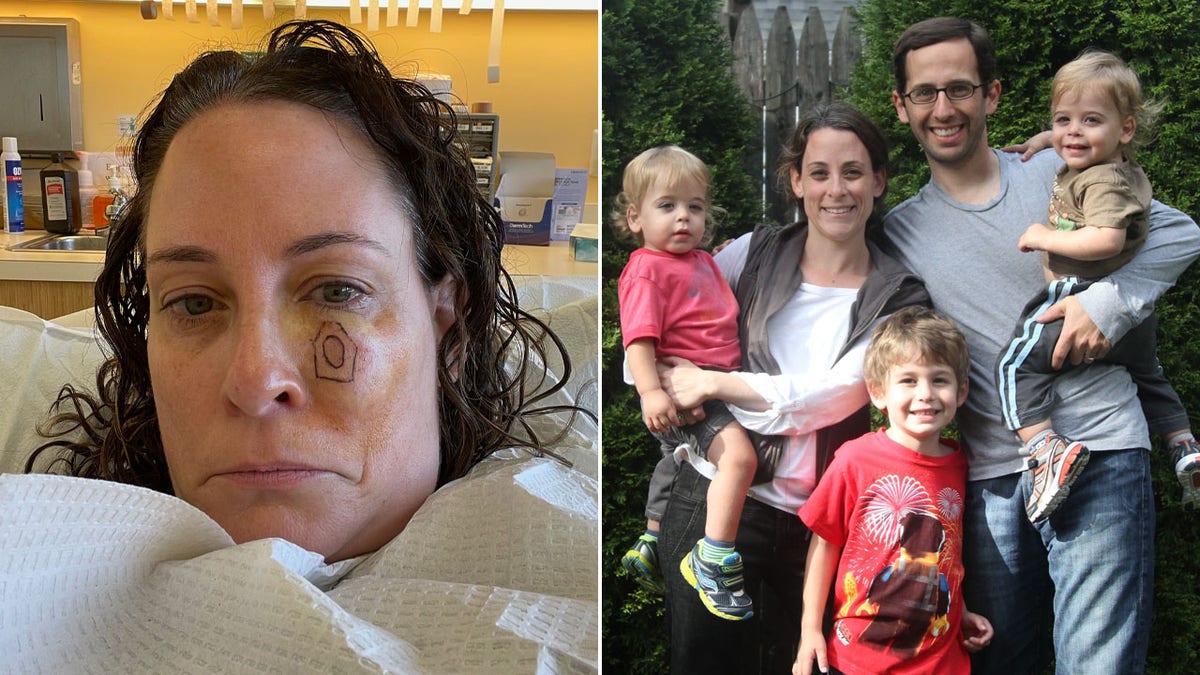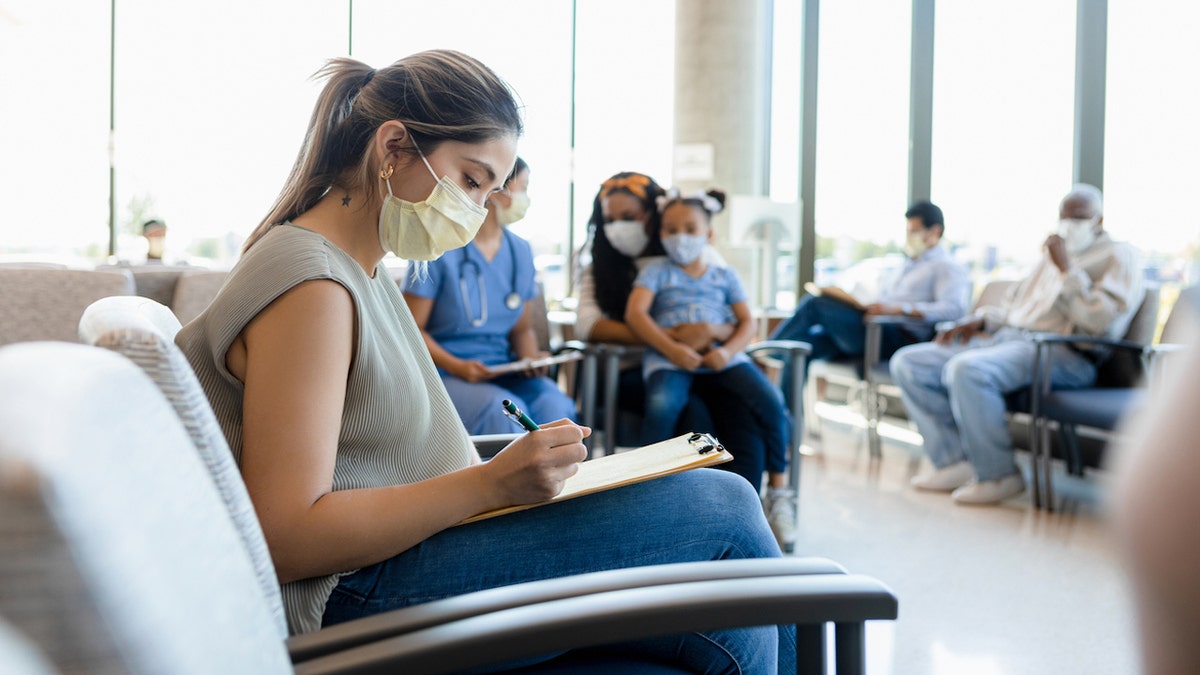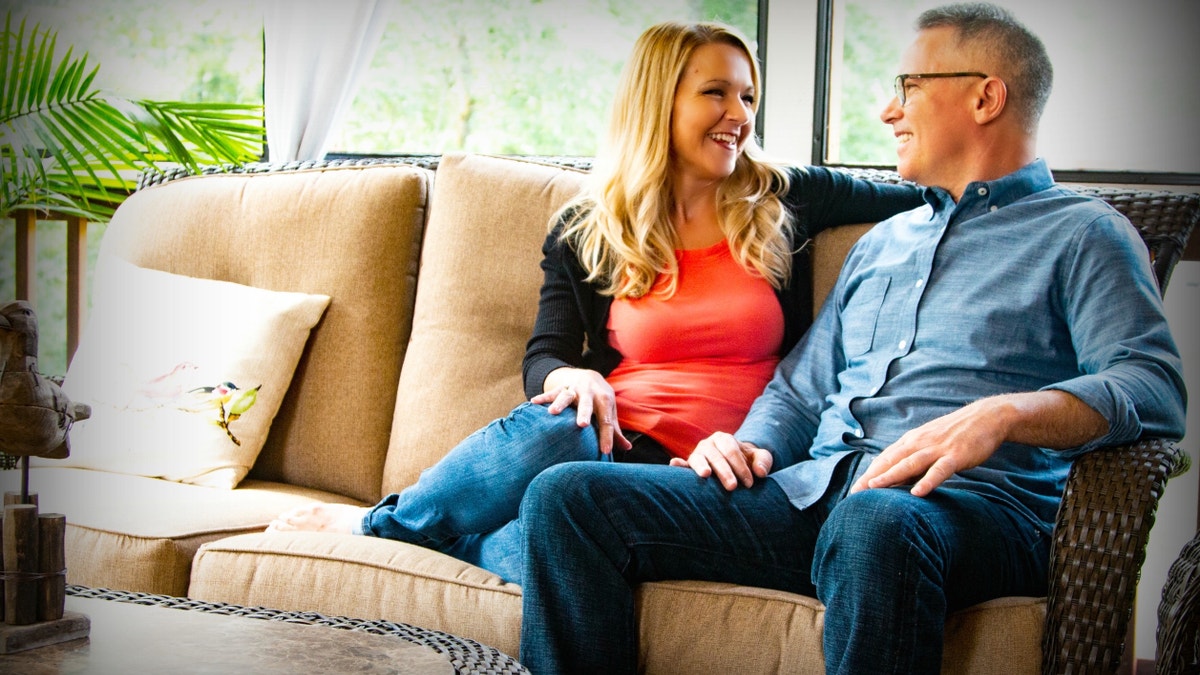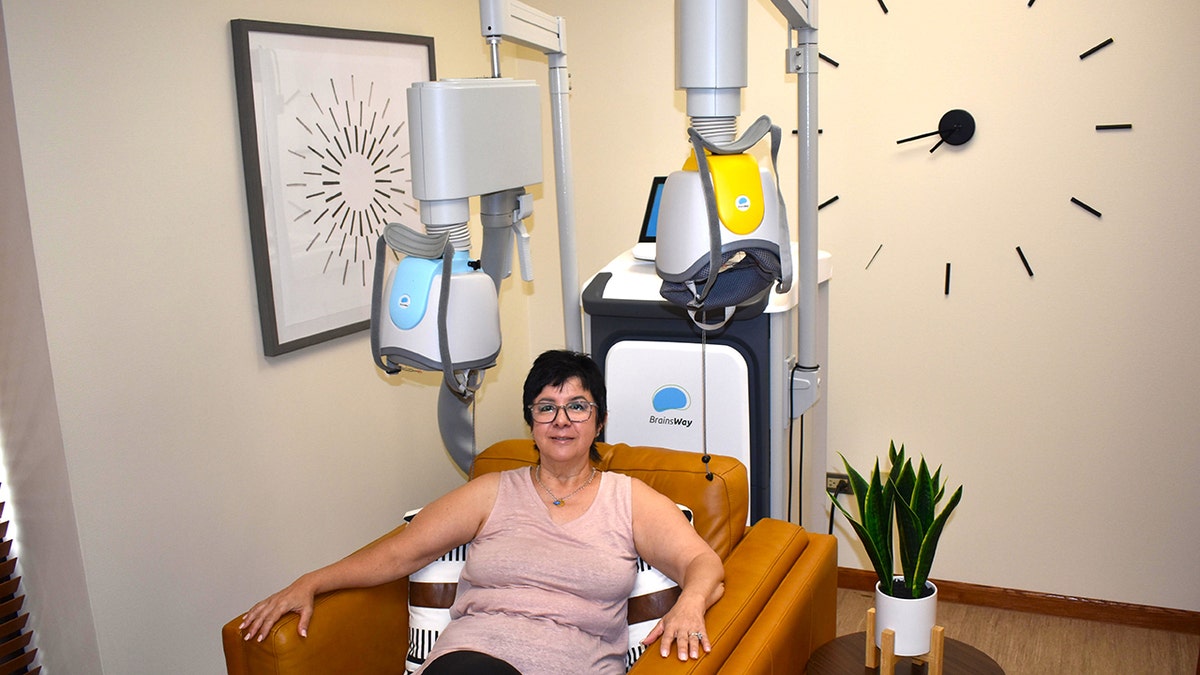Health
The Ongoing Mystery of Covid’s Origin

On Jan. 11, 2020, in Shanghai, just 11 days after first reports of the outbreak in Wuhan circulated globally, a team of scientists led by Yong-Zhen Zhang of Fudan University released a draft genome sequence of the novel virus through a website called Virological.org. The genome was provided by Edward C. Holmes, a British Australian evolutionary biologist based in Sydney and a colleague of Zhang’s on the genome-assembly project. Holmes is famous among virologists for his work on the evolution of RNA viruses (including coronaviruses), his pristinely bald head and his mordant candor. Everyone in the field knows him as Eddie. The posting went up at 1:05 a.m. Scotland time, at which point the curator of the site there in Edinburgh, a professor of molecular evolution named Andrew Rambaut, was alert and ready to speed things along. He and Holmes composed a brief introductory note to the genome: “Please feel free to download, share, use and analyze this data,” it said. They knew that “data” is plural, but they were in a hurry.
Immediately, Holmes and a small group of colleagues set to analyzing the genome for clues about the virus’s evolutionary history. They drew on a background of known coronaviruses and their own understanding of how such viruses take shape in the wild (as reflected in Holmes’s 2009 book, “The Evolution and Emergence of RNA Viruses”). They knew that coronavirus evolution can occur rapidly, driven by frequent mutation (single-letter changes in a roughly 30,000-letter genome), by recombination (one virus swapping genome sections with another virus, when both simultaneously replicate in a single cell) and by Darwinian natural selection’s acting on those random changes. Holmes traded thoughts with Rambaut in Edinburgh, a friend of three decades, and with two other colleagues: Kristian Andersen at Scripps Research in La Jolla, Calif.; and Robert Garry at the Tulane University School of Medicine in New Orleans. Ian Lipkin, of Columbia University’s Mailman School of Public Health, joined the huddle later. These five would form a sort of long-distance study group, aimed toward publishing a paper on SARS-CoV-2’s genome and its likely origin.
Holmes, Andersen and their colleagues recognized the virus’s similarity to bat viruses but, with more study, saw a pair of “notable features” that gave them pause. Those features, two short blips of genome, constituted a very small percentage of the whole, but with potentially high significance for the virus’s ability to grab and infect human cells. They were technical-sounding elements, familiar to virologists, that are now part of the Covid-origin vernacular: a furin cleavage site (FCS), as well as an unexpected receptor-binding domain (RBD). All viruses have RBDs, which help them attach to cells; an FCS is a feature that helps certain viruses get inside. The original SARS virus, which terrified scientists worldwide but caused only about 800 deaths, didn’t resemble the new coronavirus in either respect. How had SARS-CoV-2 come to take this form?
Andersen and Holmes were genuinely concerned, at first, that it might have been engineered. Were those two features deliberate add-ons, inserted into some coronavirus backbone by genetic manipulation, intentionally making the virus more transmissible and pathogenic among humans? It had to be considered. Holmes called Jeremy Farrar, a disease expert who was then director of the Wellcome Trust, a foundation in London that supports health research. Farrar saw the point and quickly arranged a conference call among an international group of scientists to discuss the genome’s puzzling aspects and the possible scenarios of its origin. The group included Robert Garry at Tulane and a dozen other people, most of them distinguished European or British scientists with relevant expertise, like Rambaut in Edinburgh, Marion Koopmans in the Netherlands and Christian Drosten in Germany. Also on the call were Anthony Fauci, then head of the National Institute of Allergy and Infectious Diseases, and Francis Collins, then director of the National Institutes of Health and therefore Fauci’s boss. This is the famous Feb. 1 call on which — if you believe some critical voices — Fauci and Collins persuaded the others to suppress any notion that the virus might have been engineered.
“The narrative going around was that Fauci told us, Change our mind, yada, yada, yada, yada. We were paid off,” Holmes said to me. “It’s complete [expletive].”

Health
7 important health stories you might have missed this week: Catch up here

Every day of the week, Fox News Digital publishes a range of health pieces to keep you up-to-date on the most important wellness news.
We cover cutting-edge medical research, breakthrough medications, mental health challenges, personal medical dramas and more.
In case you missed them, here are a few of our biggest health stories from this week.
CLICK HERE TO SIGN UP FOR OUR HEALTH NEWSLETTER
You can see a full list of recent health pieces at http://www.foxnews/health.
1. Hunger could be tied to sleep, expert says
If you’re feeling hungrier than usual lately, your sleep routine could be the culprit. A nutritional biologist offers tips for regulating sleep and curbing unhealthy cravings. Click here to get the story.
The food you eat can determine the quality of your sleep, according to experts. Here are the latest findings. (iStock)
2. Health agencies issue bird flu update: ‘Alert, not alarmed’
The CDC and WebMD teamed up this week to deliver an hour-long update on Thursday about the current bird flu outbreak. Fox News Digital breaks down the most important points. Click here to get the story.

Experts assured the public that drinking pasteurized milk remains safe. (iStock)
3. Melanoma patients share their stories
For Skin Cancer Awareness Month, two melanoma patients are speaking up about their symptoms, treatment and prevention tips to help others avoid the potentially deadly disease. Click here to get the story.

Abby Weiner, pictured at left and at right with her husband and sons, was diagnosed with melanoma in Oct. 2023. (Abby Weiner)
4. Report reveals staggering discrepancy in health care costs
Patients with private health insurance could be charged up to 300% more than those with Medicare, a new report reveals. Doctors explain the reasons for the sticker shock. Click here to get the story.

The new report published the names and pricing models of more than 4,000 U.S. hospitals. (iStock)
5. Pastor shares important message about depression
A Dallas pastor who fought his own depression battle shares how he overcame the disease – and why it’s so important for those in church leadership to seek help when they need it. Click here to get the story.

Mark Dance, pictured with his wife, Janet Dance, said he suffered through a three-year period of depression while serving as a pastor. (Dr. Mark Dance)
6. Nurse’s depression is cured through breakthrough tech
A Chicago nurse struggled with COVID-19-related PTSD and depression for years until electrical brain tapping therapy finally gave her a new lease on life. Click here to get the story.

“Had I not had this treatment today, I don’t know where I’d be,” the patient told Fox News Digital. (Melanie Eilers)
7. Young vaper shares warning after nearly dying
A 22-year-old man in Nebraska required a double lung transplant due to vaping. Jackson Allard shares his story as a cautionary tale. “I had a 1% chance to live,” he said. Click here to get the story.

This week’s health stories have included a pastor’s depression journey, the sleep-hunger connection, health care cost discrepancies, bird flu updates and more. (Mark Dance, iStock)
For more Health articles, visit www.foxnews.com/health.
Health
Introducing Our Product Reviews Team, and How We Review | Woman's World

Sign Up
Create a free account to access exclusive content, play games, solve puzzles, test your pop-culture knowledge and receive special offers.
Already have an account? Login
Forgot your password?
Get back to the Sign In
Use left and right arrow keys to navigate between menu items.
Use escape to exit the menu.
Health
What You Should Know About the Military Diet: Experts Weigh In | Woman's World

Sign Up
Create a free account to access exclusive content, play games, solve puzzles, test your pop-culture knowledge and receive special offers.
Already have an account? Login
Forgot your password?
Get back to the Sign In
Use left and right arrow keys to navigate between menu items.
Use escape to exit the menu.
-

 News1 week ago
News1 week agoSkeletal remains found almost 40 years ago identified as woman who disappeared in 1968
-

 World1 week ago
World1 week agoIndia Lok Sabha election 2024 Phase 4: Who votes and what’s at stake?
-

 Politics1 week ago
Politics1 week agoTales from the trail: The blue states Trump eyes to turn red in November
-

 World1 week ago
World1 week agoBorrell: Spain, Ireland and others could recognise Palestine on 21 May
-

 World1 week ago
World1 week agoCatalans vote in crucial regional election for the separatist movement
-

 Politics1 week ago
Politics1 week agoNorth Dakota gov, former presidential candidate Doug Burgum front and center at Trump New Jersey rally
-

 Movie Reviews1 week ago
Movie Reviews1 week ago“Kingdom of the Planet of the Apes”: Disney's New Kingdom is Far From Magical (Movie Review)
-

 World1 week ago
World1 week agoUkraine’s military chief admits ‘difficult situation’ in Kharkiv region


















